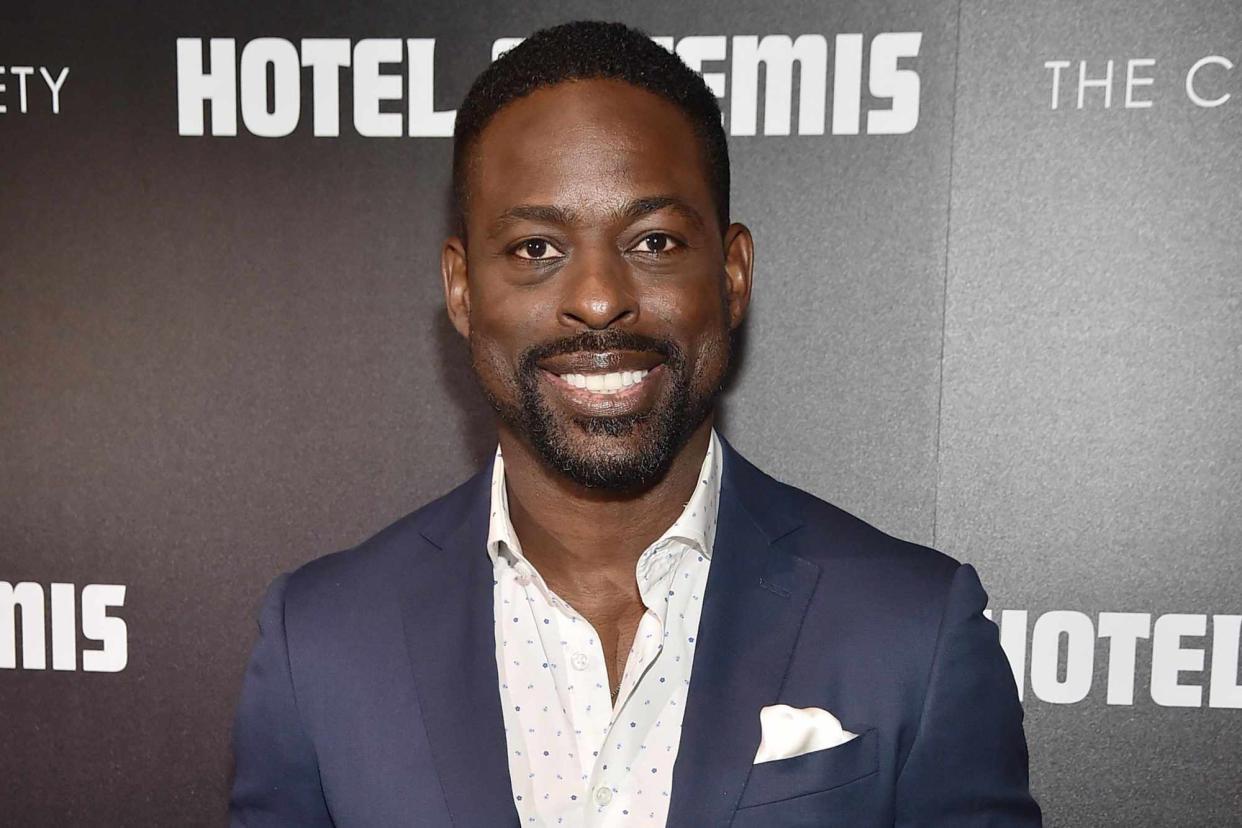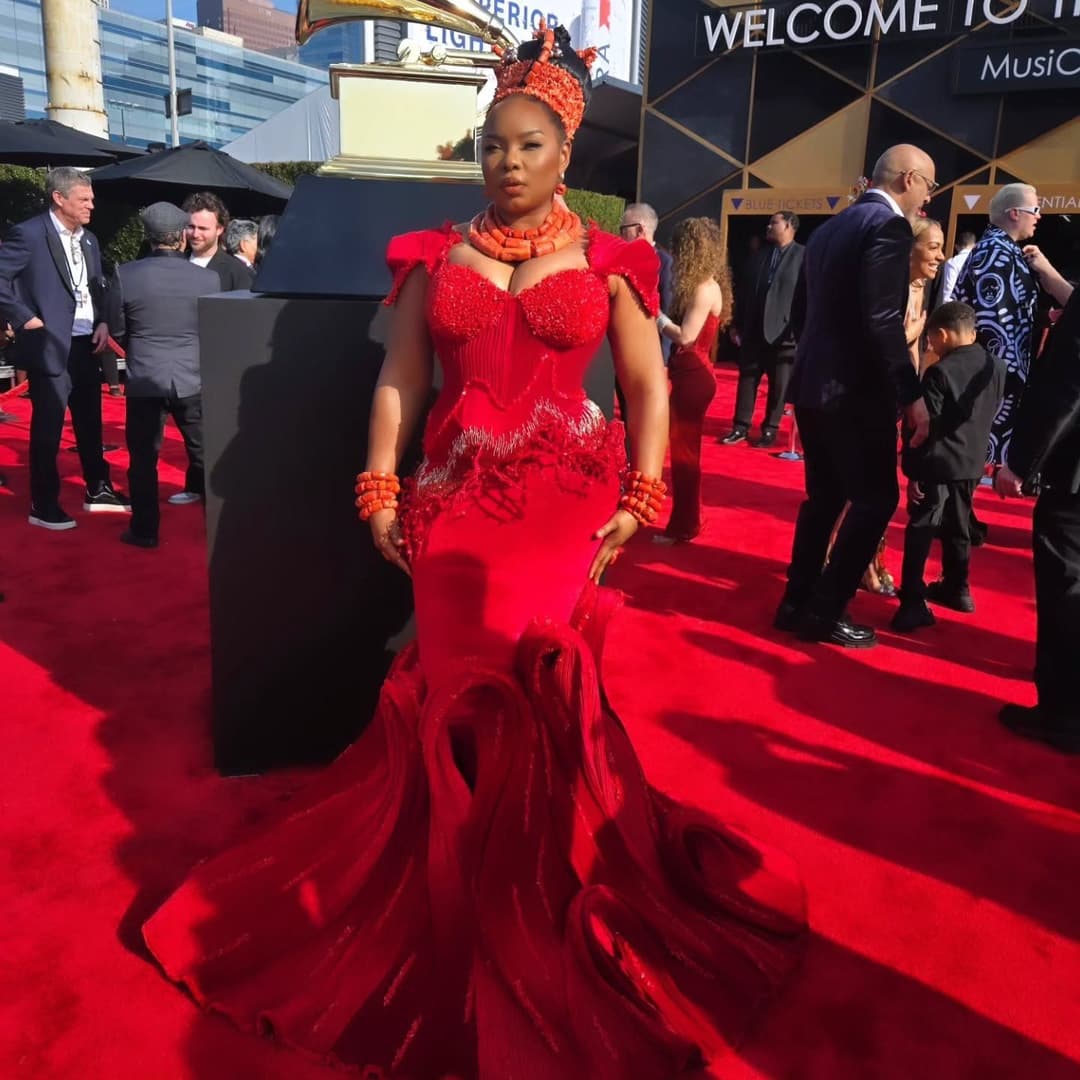Innit innit boys and Super Eagles: how Nigerian Londoners found their identity through football
For the children of the Nigerian diaspora, displaced by war and split between two worlds, footballers from John Fashanu to Jay-Jay Okocha were a first glimpse of themselves in Britain’s mainstream.
They arrived in 80s London with small intentions: to study, to work, to outrun what they had come from, and then maybe, one day, return back home.
A people who came en masse from Nigeria, working the dark hours, balancing two jobs with part-time education, rolling in a ceaseless loop of morning shifts into lectures into night work again, until maybe a qualification came good, and they could move into some kind of steady career or profession.
Many of us grew up with these stories, parents who worked quiet jobs for decades, who cleaned offices in the glass Canary Wharf skyscrapers before first light and then, in the summer evenings, waited on tables at Soho and Knightsbridge restaurants.
Aunts and uncles and elders who earned their first wages in London at local bowling alleys and bingo halls, at cinemas and hospitals and care homes, moving anonymously through a looming city.
My father worked in restaurants, and studied at a local polytechnic, living in Southwark and then in Lewisham, part of a sprawling network of Nigerian people slowly spreading through the city.
They built close communities for survival, found home in one another, settled into foreign surroundings, attempting to make this place their home.
By the early millennium an estimated 90,000 Nigerian-born people had arrived in the UK, and yet, despite this mass migration, they remained on the margins, rarely present in the national story.
Conflict and its roots
This is a story about football and belonging in the soul of the city, but to tell it, I must start with conflict. Our stories in the diaspora begin far from London.
History remembers the years 1967 to 1970 as the Nigerian civil war, the Biafran war, a brutal fight for freedom, a struggle to remain whole.
The war has its origins in the terrors of the colonial period. There is no us without the violence that birthed Nigeria, without the scars of empire mapped on her skin. In the 17th century, the British first arrived in the region.
Slowly, they bled the land of its fruits and came to bathe in its gold. By the early 1900s the empire had carved lines into west African earth, reaching from the coastal plains and rainforests in the south and sprawling inwards, to the Sahel savannahs in the north.
Four hundred ethnic groups with their own languages, their own cultures, their own sense of identity, now fused into one. Britain titled this new, giant state the Colony and Protectorate of Nigeria.
Their union was uneasy. In 1960, when independence from Britain was declared, the Colony and Protectorate of Nigeria was voided and Nigeria was born anew. But the tensions between varying ethnic groups remained. History remembers those civil war years as genocide: an estimated 3 million people killed, half of them children. Death by gunfire, by blade, by starvation. Some fled to Britain as refugees. Some remained, for a time, resigned to waiting out the bloodshed.
Football and a shared identity
You are not the same after war. Its demons live with you, in memory, in mass graves, in the knowledge that your country can suddenly crumble and good men can turn into murderers.
Against the backdrop of further conflict and political instability, people continued to leave for London, a great migration peaking in the 80s when the price of global petroleum crashed and Nigeria’s economy collapsed, and the oil-rich nation was brought to its knees. My father and his people were among those who left.
We in the diaspora were yoked from these colonial conflicts, among the country’s children and grandchildren living in the jaws of the same terror who bore her.
Nigeria’s growing presence in London can be traced by the moving tides of Britain’s national sport. Since its inception, the Premier League has reflected the social movements in the capital’s furthest corners.
London is a mirror, its people and communities a reflection of Britain’s relationship with the world, an echo of its colonial history, its bonds with Europe, built and then fractured, its reputation as a home for global finance and for refugees seeking asylum.
When Nigeria’s war generation emerged into the world, their arrival in English football was inevitable.



